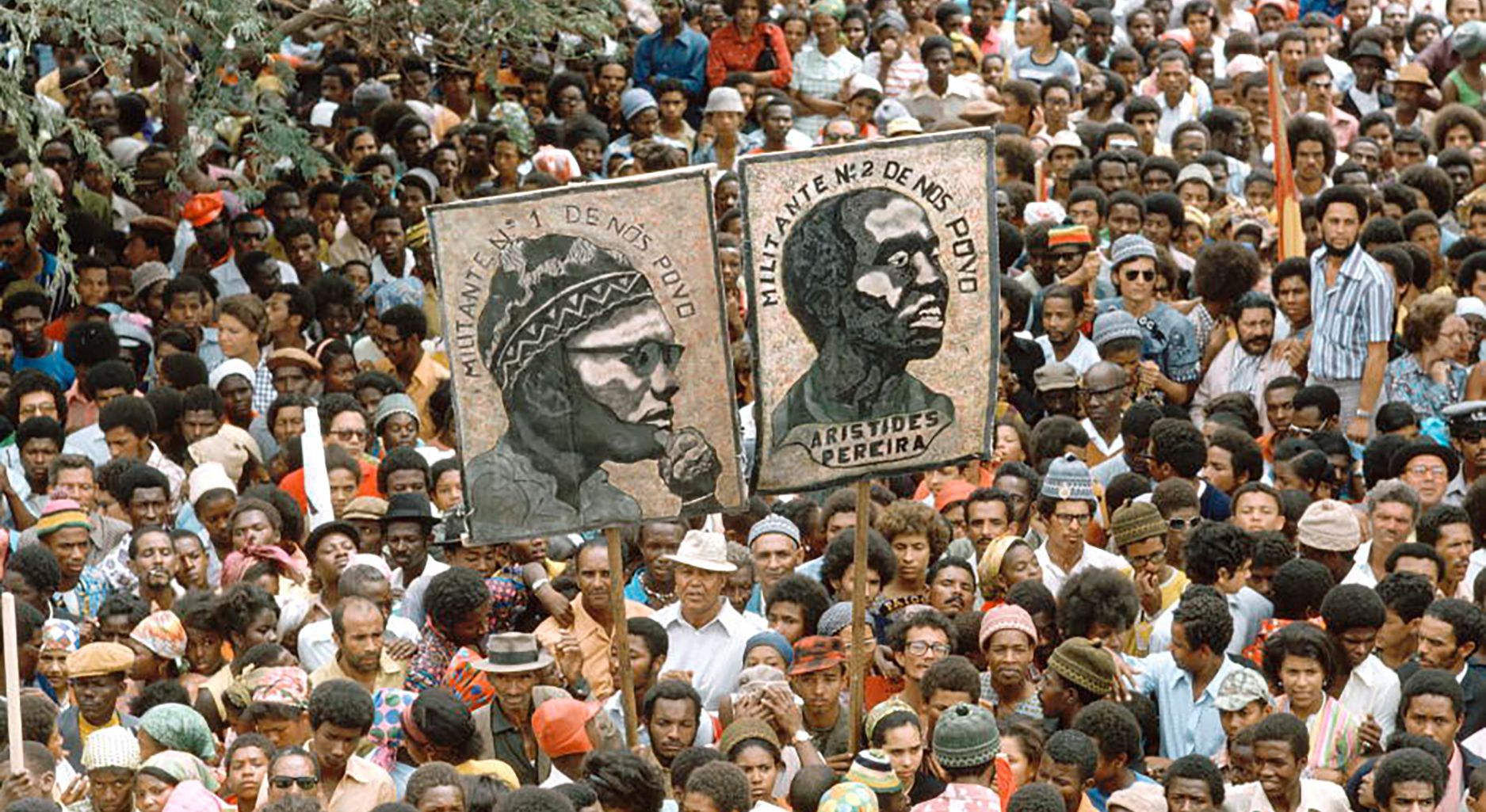
English13. August 2024 | Sophia Birchinger, Wilson Pedro Té
Early Warning for New Trouble? Increasing Social Polarization in Guinea-Bissau
Gen Z protests have kept governments in, among others, Kenya, Nigeria, South Africa, and Uganda, in suspense for weeks. Off the international radar, Guinea-Bissau has witnessed cross-generational protests lately, following an alleged coup attempt in late 2023. Protestors accuse the President of orchestrating the coup to dissolve parliament by decree. Many in Guinea-Bissau now challenge the presidency and demand adherence to the election schedule, with elections set for November 2024. This blog…